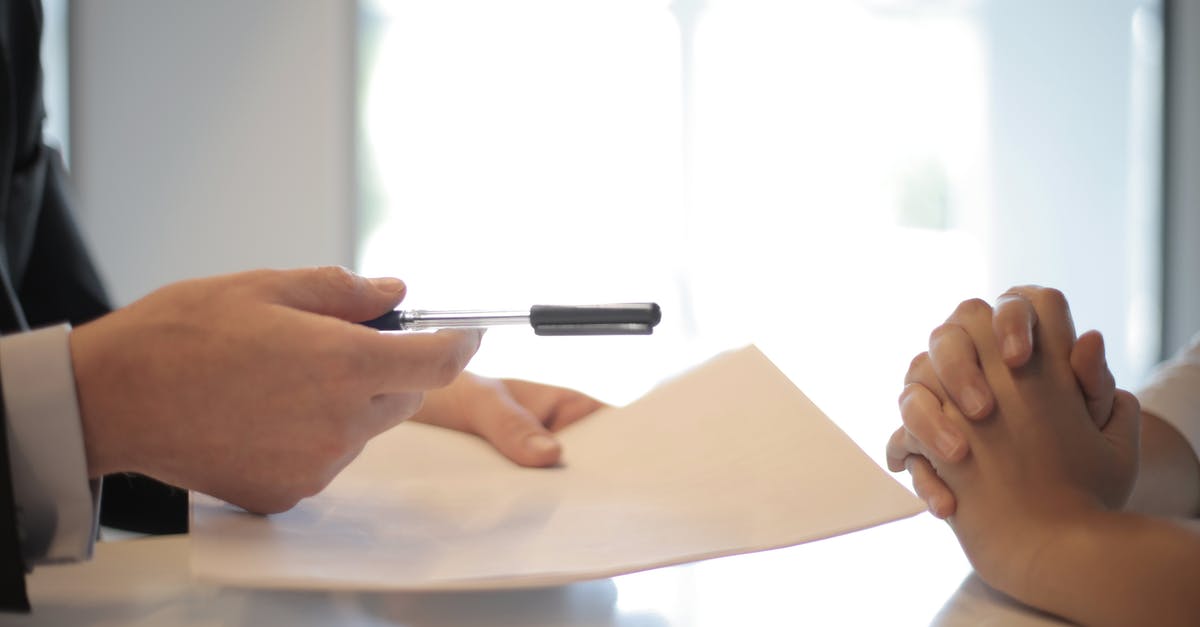Can you escape a contract if an airline maltreated its other customers?

My dad with severe mental illness bought an airline ticket. The airline then maltreated passengers that caused him not to fly the return leg. Is it obligated to return half of his money?
Facts:
In Jan. 2017, he bought a roundtrip fare on Air Transat’s (henceforth “TS”) website, from London Gatwick to Toronto in Feb. 2017 and returning in Sep. 2017.
He read news of TS’s passenger maltreatment and mendacity, lost all trust in TS, and decided not to fly. Around Aug. 15 2017, he told TS all this (particularly his mental illness) and requested refund for the unspent leg. But TS replied that the terms and conditions authorized only refund of taxes.
TS Flight 157:
Passengers on two Air Transat flights were stuck on planes at the Ottawa airport for hours on Monday after being diverted due to stormy weather, and at least two of them called 911.
"The plane actually lost power and went zero AC [air conditioning], and then now we've got the doors open and one kid is puking, and people are just losing their minds," she [Laura Mah] said.
TS Flight 507:
Gatineau, Que., resident Josée Binet described the situation as untenable, telling Radio-Canada she called 911 around 9:30 p.m. ET to ask for help.
By the time they arrived in Montreal, Binet and the other passengers had been sitting on the plane for about 15 hours.
On Aug. 11 2017, TS offered $400 as compensation for failed air conditioning.
On Nov. 30 2017, the Canadian Transportation Agency (CTA) decided against TS.
In a statement, Air Transat apologized to passengers and said it will take all necessary measures to comply with the CTA's report. It has decided to pay passengers on all affected flights $500 in compensation, though it will take into account what has already been paid out to passengers.
Relevant paragraphs from CTA’s Determination
[2] Passengers on Flight Nos. 157 and 507 reported challenging onboard conditions on social media and the news media reported on the events. In addition, the Agency received 48 complaints from passengers of Flight No. 157 and 24 complaints from passengers of Flight No. 507. The media reports and passengers’ complaints referred to limited water and food services, high temperatures, limited ventilation, passengers becoming physically ill, and the fact that passengers of Flight No. 157 called emergency responders (911) to seek assistance.
[86] The evidence shows that the flight directors and flight attendants of both flights were unaware of the Tariff’s provisions, Captain Lussier was unfamiliar with the Tariff, and Captain Saint-Laurent was familiar with the Tariff but never received training on its application. Air Transat’s failure to ensure that its employees were aware of the content of the Tariff and were trained on its application contributed to the Tariff not being properly applied.
[93] Based on the foregoing, the Agency concludes that passengers on Flight Nos. 157 and 507 were either not offered snacks and drinks at all or not offered snacks and drinks to a reasonable degree, and that there were no safety or other mitigating factors (such as a scarcity of supplies) that would justify this failing. The Agency therefore finds that Air Transat failed to properly apply the terms and conditions set out in Rule 5.2d) and Rule 21.3c) of its Tariff on both flights in respect of offering drinks and snacks, and has contravened subsection 110(4) of the ATR.
[122] In light of the foregoing, the Agency finds that Air Transat failed to properly apply the terms and conditions set out in Rules 5.2(d) and Rule 21(3)(c) of its Tariff on both flights in respect of disembarking, and has contravened subsection 110(4) of the ATR.
[144] Notwithstanding the fact that the diversion of Flight Nos. 157 and 507 was beyond Air Transat’s control and the length of the subsequent tarmac delays was partly out of its control, the Agency has found, on the evidence, that the carrier failed to properly apply those provisions of its Tariff that set out its obligations in the event of such a delay.
CTA’s Investigation Report
Pursuant to section 180 of the Canada Transportation Act, DEO Girard believes that Air Transat has committed a violation of subsection 110(4) of the Air Transportation Regulations on the basis of the Agency's finding and for the reasons set out in the Determination.
Best Answer
My strong instinct is no. To qualify for a refund, your father would have had to be directly affected by such an action. Quite surely, from the negative press received from the event, and the CTA ruling, Air Transat would not do that again. Air Transat may choose to provide a refund for customer goodwill purposes, but (pending answers from our lawyer friends) I don't believe it is obliged to provide a refund here.
To escape the contract, your father would have to demonstrate breach of the transportation contract - and that hasn't occurred here.
If your father's ticket is subject to some refund terms by default, they will still apply, but that likely would not include a full refund.
Pictures about "Can you escape a contract if an airline maltreated its other customers?"



What Makes a Contract Legally Enforceable?
More answers regarding can you escape a contract if an airline maltreated its other customers?
Answer 2
No, no, no. Just because you heard that somebody else got bad customer service you cannot step down from a contract. "Mental illness" is unlikely to make this cause better. In any case we cannot judge this without knowing if the mental illness is somehow related to the bad service experience.
If, let's say hyphothetically, your father were physically handicapped and the airline forced, as has actually happened in another case, a passenger to get out of his wheelchair and walk up the stairs to the plane himself, then maybe.
In the current case the judge will probably just say, yeah paranoia is not not good enough reason. Don't travel if you are so paranoid.
Sources: Stack Exchange - This article follows the attribution requirements of Stack Exchange and is licensed under CC BY-SA 3.0.
Images: Sora Shimazaki, Andrea Piacquadio, Alexander Suhorucov, Sora Shimazaki
